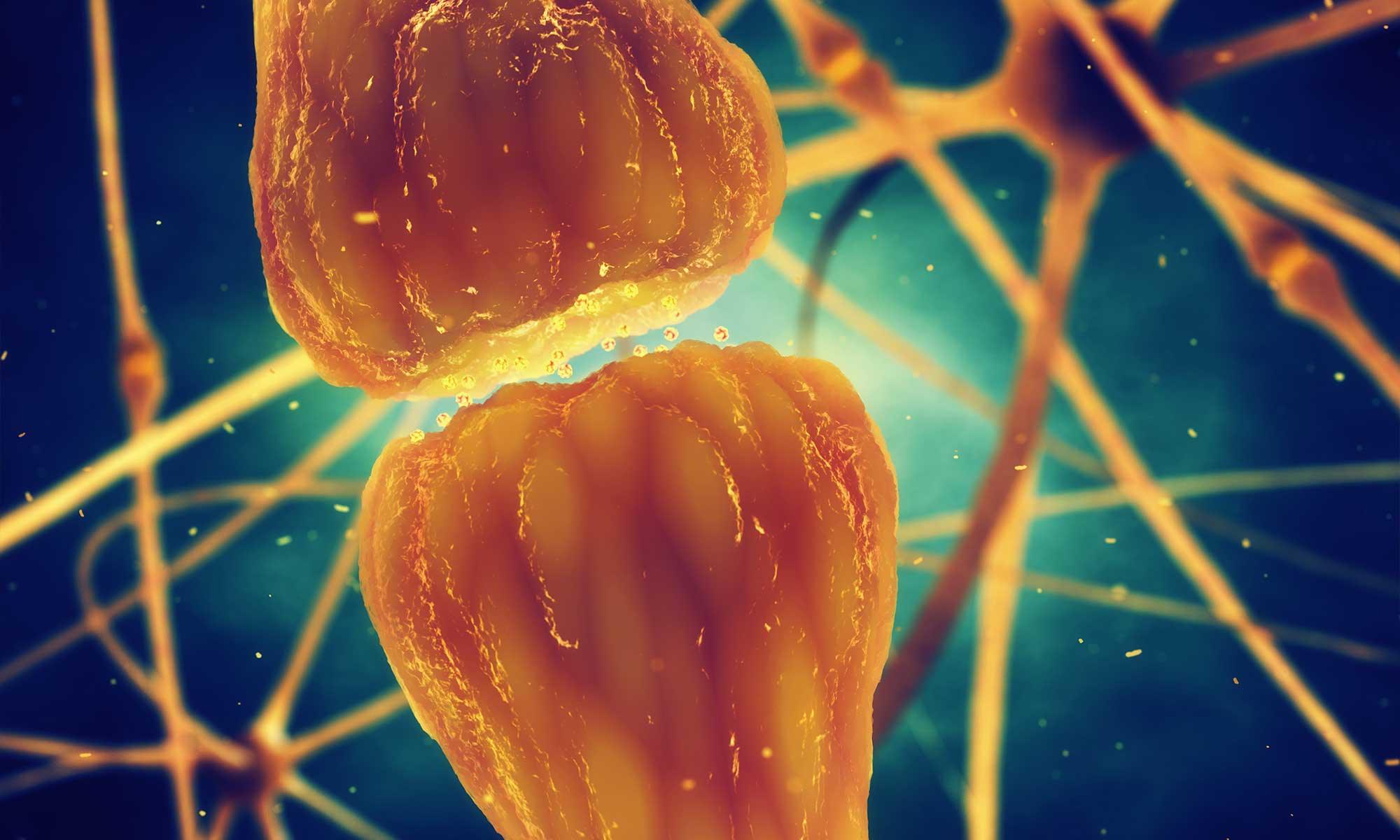GABA (Gama-Aminobutyric Acid) is a neurotransmitter that has a calming or relaxing effect on the nervous system. In recent years, GABA has seen a surge in use and interest. GABA was first isolated as an amino acid in 1863 but it was not until 1950 that Eugene Roberts and J. Awapara discovered GABA as an inhibitory transmitter. Let find out what GABA is and how it actually works to facilitate neural function.
What is GABA
GABA is made in the brain from amino acid glutamate. It is the most important neurotransmitter in the brain and plays a pivotal role in regulating neural circuitry during stress. When GABA level is too low, it will manifest itself in a variety of ways: anxiety, restlessness, irritability, palpitations, insomnia, poor mood, diminished sex drive and even seizures. According to the Institute of Health, low plasma GABA is a trait-like marker for those suffering from bipolar diseases.
GABA and Function
To understand how GABA functions, let’s look at the brain for a second. The brain is a network of neurons, individual nerve cells that serve to transmit electrical impulses. To pass the electrical impulses from one neuron to another, transmitters are deployed. Think of them as chemical messengers. Two main types of neurotransmitters serve the central nervous system which is made up of the brain and spinal cord.: Glutamate (excitatory transmitters) and GABA (inhibitory transmitters). Glutamate and GABA work together as a binary unit. While glutamate helps the neurons to fire impulses, GABA blocks the impulses and acts like brakes to keep the body calm and less prone to stimulating responses. Together they make up 80 percent of the brain activity.
How GABA is Used
When GABA is low, the body may exhibit anxiety or mood disorders, chronic pain or epilepsy according to Webmd. In recent years, GABA is commonly taken as a supplement (pill, capsule or powder) to improve mood, relieve anxiety, promote sleep, help with premenstrual syndrome, treat attention deficit hyperactive disorder (ADHD), relieve pain and build muscles.
Not all of these health claims can be validated as scientific evidence is scant or inconclusive. However, some research show support for the use of GABA. According to the Institutes of Health, GABA work effectively as a relaxant and to diminish anxiety within one hour of administrating oral GABA. It also enhances immunity under stress conditions.
Natural Ways To Elevate GABA
If you prefer boosting GABA in your body naturally, consider nutrition. Although foods don’t contain GABA, certain foods contain glutamate which in turn produces glutamine, the precursor to the production of GABA. In addition, certain foods contain flavonoids (powerful antioxidants) that will influence how GABA works in the brain. Here are some foods to add to your diet:
- Almonds top the list of foods with 10.3 grams of glutamate per 6 to 8 ounces. Walnuts make a good choice too.
- Complex carbohydrates such as whole grains, brown rice and oats are high in vitamin B6 and B12, useful nutrients that help with the synthesis of GABA.
- Potassium-rich bananas are not just good as a quick snack to replenish energy, they contain high levels of glutamate.
- Citrus fruits such as oranges, lemons and grapefruits are refreshing ways to get your supply of glutamate.
- Halibut is a cold-water fish that contains an ample amount of omega-3 fatty acids and a good source of glutamate.
- Green vegetables like broccoli and spinach have high flavonoids which modulate GABA activity, according to a report by National Institutes of Health. Other flavonoid-rich foods include green tea, cocoa, red wine and coffee.
Nutrients that Increase GABA Levels
The body requires nutrients to function properly. Nutrients power cells, blood, metabolic processes, hormones and neurotransmitters. Without these nutrients, certain chemical reactions cannot be completed in the body, resulting in a variety of health problems. Certain key nutrients promote GABA levels such as these:- L-theanine is a major amino acid found in green tea. Historically, L-theanine is used as a relaxant. According to the National Institutes of Health, animal studies show that L-theanine increases serotonin, dopamine, and GABA levels and behavioral studies suggest improvement in learning and memory.
- Magnesium, found in low levels in many foods is a key component of 325 enzymes in the body. Magnesium promotes sleep and relaxation and, no wonder, as magnesium is crucial for the function of GABA receptors.
- Zinc is found abundantly in meat, poultry and oysters. If you’re a vegetarian, you may have zinc deficiency. Lack of zinc in the body may cause an increase in nerve receptors that response to glutamate. Conversely, having adequate zinc helps to promote receptors that response to GABA, the calming neurotransmitter.


Becoming Immortal with Technology
Your Guide To 5-HTP and Griffonia Simplicifolia